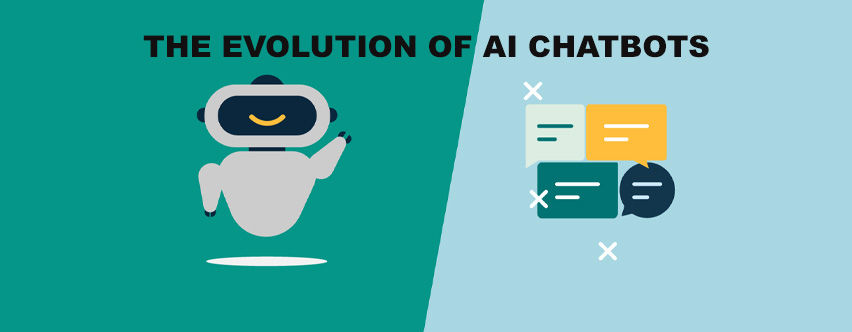In the ever-expanding digital landscape, the integration of Artificial Intelligence (AI) has revolutionized various industries, reshaping the way we interact with technology. One of the prominent innovations in this realm is the AI Chatbot. As businesses strive for efficient customer engagement and seamless user experiences, AI chatbots have emerged as indispensable tools. In this blog, we will delve into the depths of AI chatbots, exploring their evolution, functionalities, and the impact they have on businesses and users alike.
Table of Contents
Understanding AI Chatbots: A Brief Overview
AI chatbots, short for Artificial Intelligence Chatbots, are computer programs powered by machine learning algorithms and Natural Language Processing (NLP) techniques. These sophisticated bots simulate human conversation, providing users with interactive and personalized experiences. Businesses across the globe are increasingly adopting AI chatbots to enhance customer support, automate tasks, and streamline processes.
Evolution of AI Chatbots
The journey of AI chatbots traces back to early attempts at creating interactive software. However, significant advancements have been made in recent years, owing to the integration of deep learning algorithms and vast datasets. Modern AI chatbots are capable of understanding context, emotions, and user intent, making interactions more natural and effective.
Comparison Table: Traditional vs AI Chatbots
| Criteria | Traditional Chatbots | AI Chatbots |
|---|---|---|
| Response Time | Fixed and rule-based | Dynamic and context-aware |
| Understanding | Limited to keywords | Understands context and user intent |
| Personalization | Basic responses | Tailored and personalized interactions |
| Learning Ability | Minimal learning capabilities | Continuous learning from interactions |
| User Engagement | Limited engagement | Enhanced user engagement |
| Complex Queries | Struggles with complex queries | Handles complex queries effectively |
Statistics: The Rise of AI Chatbots
Recent statistics shed light on the widespread adoption and impact of AI chatbots:
- According to a report by Grand View Research, the global chatbot market size is expected to reach USD 1.25 billion by 2025.
- Businesses using AI chatbots have reported a 70% increase in customer satisfaction (Source: IBM).
- Gartner predicts that by 2022, 70% of customer interactions will involve emerging technologies such as AI chatbots.
Frequently Asked Questions (FAQs)
Q1: How do AI chatbots work? AI chatbots operate by processing natural language inputs and generating appropriate responses using machine learning algorithms. They learn from interactions and improve their responses over time.
Q2: Can AI chatbots handle sensitive customer data securely? Yes, reputable AI chatbot platforms employ robust security measures to protect sensitive customer data, ensuring confidentiality and compliance with data protection regulations.
Q3: Are AI chatbots only used in customer support? While customer support is a common application, AI chatbots are versatile and find applications in various sectors, including healthcare, finance, and e-commerce, for tasks like appointment scheduling, financial inquiries, and product recommendations.
The Future of AI Chatbots: A Glimpse into Tomorrow
The future of AI chatbots appears promising, with ongoing advancements in Natural Language Processing and machine learning. These bots will continue to evolve, becoming even more intuitive, empathetic, and capable of handling complex tasks. Businesses that leverage AI chatbots effectively are poised to gain a competitive edge, enhancing customer experiences and operational efficiency.
In conclusion, AI chatbots represent a significant stride in the realm of AI technology. Their ability to provide real-time, personalized interactions has reshaped the way businesses and customers engage online. As technology continues to progress, AI chatbots will likely become even more sophisticated, redefining the standards of customer service and user experience. Stay tuned to this fascinating evolution, as AI chatbots pave the way for a more interactive and efficient digital future.


Leave a Reply